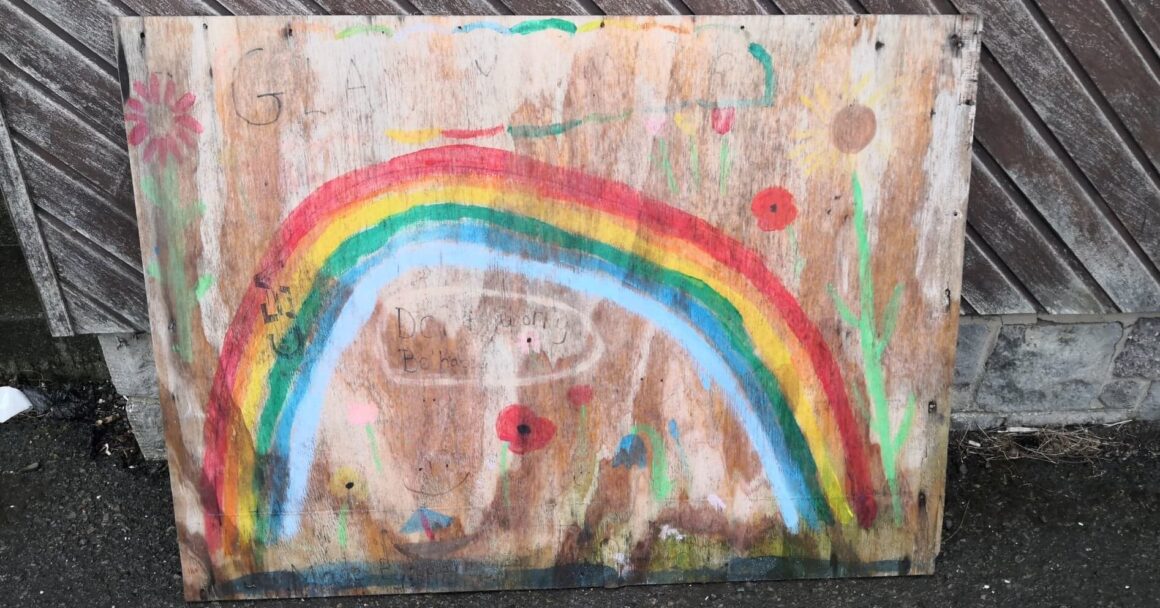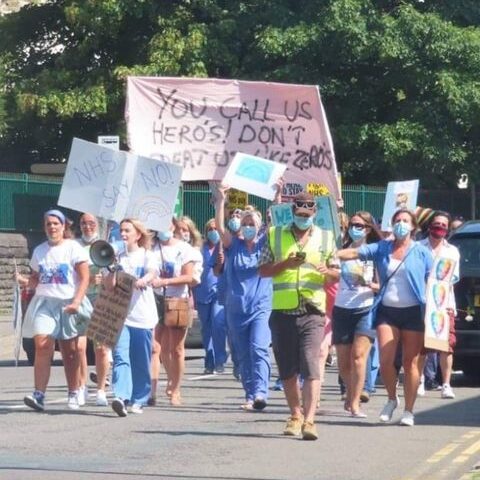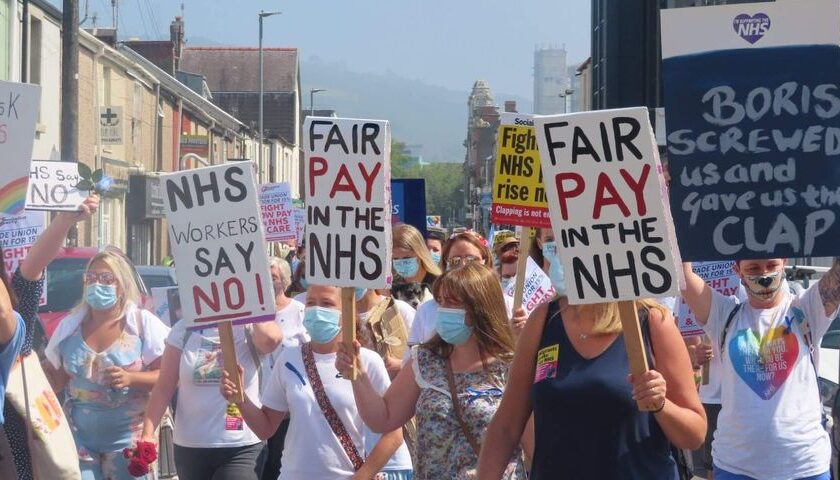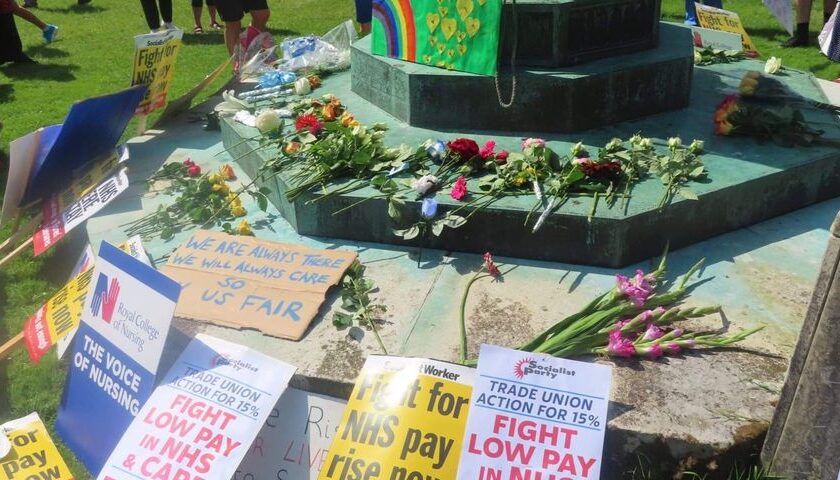

Since the outbreak of the pandemic, the nation’s support for our NHS workers has been largely symbolic. Apart from NHS discount from local businesses and food donations to local hospitals, many have yet to see any financial rewards for their hard work.
At 8pm on the 26th March 2020, the country was urged to clap NHS staff members, in support of their dedication towards protecting the population during the pandemic. The public rushed to their front doors to in synchronicity, to show their gratitude to the selfless individuals who were risking their lives for the health of the nation.
Later that evening on BBC Question Time, Richard Horton, editor of medical journal, The Lancet, pointed out, that we were sending nurses to the “front lines without the armour they need to defend themselves[1].
After contracting Covid-19, Boris commented on the courage of the NHS staff members who continue to put themselves in “harm’s way” and “kept risking this deadly virus”. He described the care that he received from NHS nurses as “astonishing”.
The nation’s gratitude was displayed once more on the 30th April 2020, when Captain Moore raised over £33 million pound for the NHS. Homes and businesses all over the country proudly displayed pictures of rainbows in their front windows to show their gratitude to the healthcare workers.
Some nurses where overwhelmed by the fresh wave of support from the public, whilst others pointed out the patronising hypocrisy of clapping a previously unappreciated and undervalued workforce. Posts began to circulate on social media, pointing out the irony of clapping NHS staff members instead of paying them. One poster on a bus shelter showed a picture of a nurse saying “I can’t eat applause. Vote for someone sensible next time, eh?”[2]
Some recognised the clapping as tokenistic displays of gratitude, which distracted us from the real issues such as fairer pay for NHS workers and adequate PPE[3]. Unfortunately, many doubts were confirmed on the 21st July 2020 when Rishi Sunak declared that many frontline NHS workers, would be left out of a new public sector pay rise.
The choice to exclude frontline NHS workers from the pay rise, caused a national outrage amongst nurses and healthcare workers. It provoked them to mobilise and demand a 15% pay increase for their hard work during the pandemic. A national protest was organised for the 8th August 2020. Many workers attended despite concerns that they might face repercussions for doing so.
Swansea Protest
On the day of the protest, at 11am, hundreds of socially distanced protesters filled Swansea’s Castle Gardens. There were several speeches delivered by NHS workers, nurses, political activists, and trade union representatives.
The Labour MP for Gower, Tonia Antoniazzi, said that the government need to dig deeper into their pockets to pay NHS staff what they deserve. She pointed out that the treasury finds money for their friends, but “they won’t find it for the people that are saving everybody’s lives. Every minute of every day”.
One nurse criticized the existing pay deal, pointing out that it was not raising their pay in line with inflation. She said that nurses are being pushed into a situation where they are going to have to strike.
Another speaker said “this is not just a fight for the nurses, to get them a decent wage. We are fighting for the NHS”.
A two-minute silence was held for the NHS staff who had fallen victim to covid-19. Protesters held their fists in the air, out of respect for the recently deceased. Hundreds of protesters then marched through the streets towards the Guildhall. Drivers waited patiently when they noticed the nurses marching through the streets. Some honked their horns and cheered in solidarity.
When they arrived at the Guildhall, many placed roses and picket signs around the base of a flying Welsh flag. Each of the roses was laid for NHS colleagues who had perished during the pandemic.
Further action
Since the protest, representative NHS staff members, across the country have arranged a follow up protest on Saturday 12th September 2020. In Swansea, the MP for Aberavon, Stephen Kinnock, has offered to make a speech in support of the 15% pay rise.
Protesting staff members have distributed badges in the hospitals to show solidarity amongst workers. Every Wednesday the NHS staff members proudly post pictures of themselves wearing the badges on social media. Using the hashtag #NHSpay15, they show solidarity to other NHS workers across the UK who also support the 15% pay rise. They also encourage badge wearers to engage in conversations with one another about the steps that need to be taken to secure the 15% pay rise.



[1] BBCQT, 26th March 2020.
[2] https://www.reddit.com/r/CoronavirusUK/comments/gf5q1y/poster_on_nhs_applause/
[3] https://journals.rcni.com/nursing-standard/analysis/now-the-clapping-has-stopped-will-nurses-see-a-decent-pay-rise-ns.35.7.8.s6/abs